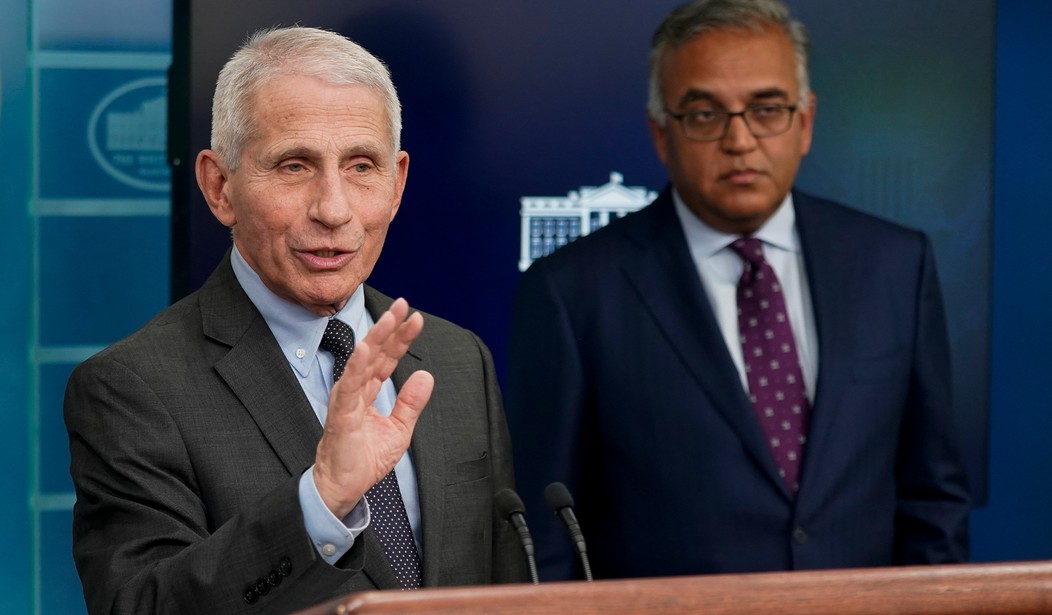On March 27, 2020, The CARES Act became effective and established several new temporary programs and provided for the expansion of others to address the COVID-19 pandemic. Among these programs, the Paycheck Protection Program (PPP) authorized forgivable loans backed by the U.S. Small Business Administration (SBA) to small businesses to retain workers and maintain payroll, make mortgage interest payments, lease payments, and utility payments. The PPP allows the interest and principal on the PPP loan to be forgiven if the business spends the loan proceeds on these expense items within a designated period of time after receiving the proceeds and uses at least a certain percentage of the PPP loan proceeds on payroll expenses.
Court documents say that Taylor made false statements to an approved lender on or about March 2, 2021, for the purpose of fraudulently obtaining a PPP loan. Taylor falsely claimed in his PPP application that he had not been convicted of a felony involving “fraud, bribery, embezzlement, or a false statement in a loan application or an application for federal financial assistance” within the last 5 years.
But Taylor wasn't eligible for a PPP loan because he had pleaded guilty on July 15, 2016, in the Eastern District of Virginia, criminal matter no. 16-118, to conspiracy to commit federal student loan fraud and mail fraud in a scheme that involved stolen identities.
Taylor thereafter received approximately $18,500 based upon the misrepresentations. Taylor then made the same false statements to an approved lender on or about April 21, 2021, when he applied for a second-draw PPP loan. Taylor received approximately $18,500 for the second loan.
In addition to incarceration, Taylor was sentenced to five years of supervised release, as well as payment of a $100 mandatory special assessment fee.
For more information on the Department of Justice’s response to the pandemic, please visit https://www.justice.gov/coronavirus. Anyone with information about allegations of attempted fraud involving COVID-19 can report it by calling the Department of Justice’s National Center for Disaster Fraud (NCDF) Hotline at 866-720-5721 or via the NCDF Web Complaint Form at https://www.justice.gov/disaster-fraud/ncdf-disaster-complaint-form.
Acting U.S. Attorney Simpson praised the work of the United States Secret Service in investigating this matter. Assistant U.S. Attorney Edward J. Rivera of the Financial Crimes Unit was in charge of the prosecution
Hundreds of billions of dollars were likely lost to fraud during the pandemic, according to the U.S. Government Accountability Office.
As of December 2024, the Department of Justice has charged more than 3,000 people and companies with fraud-related crimes.

























